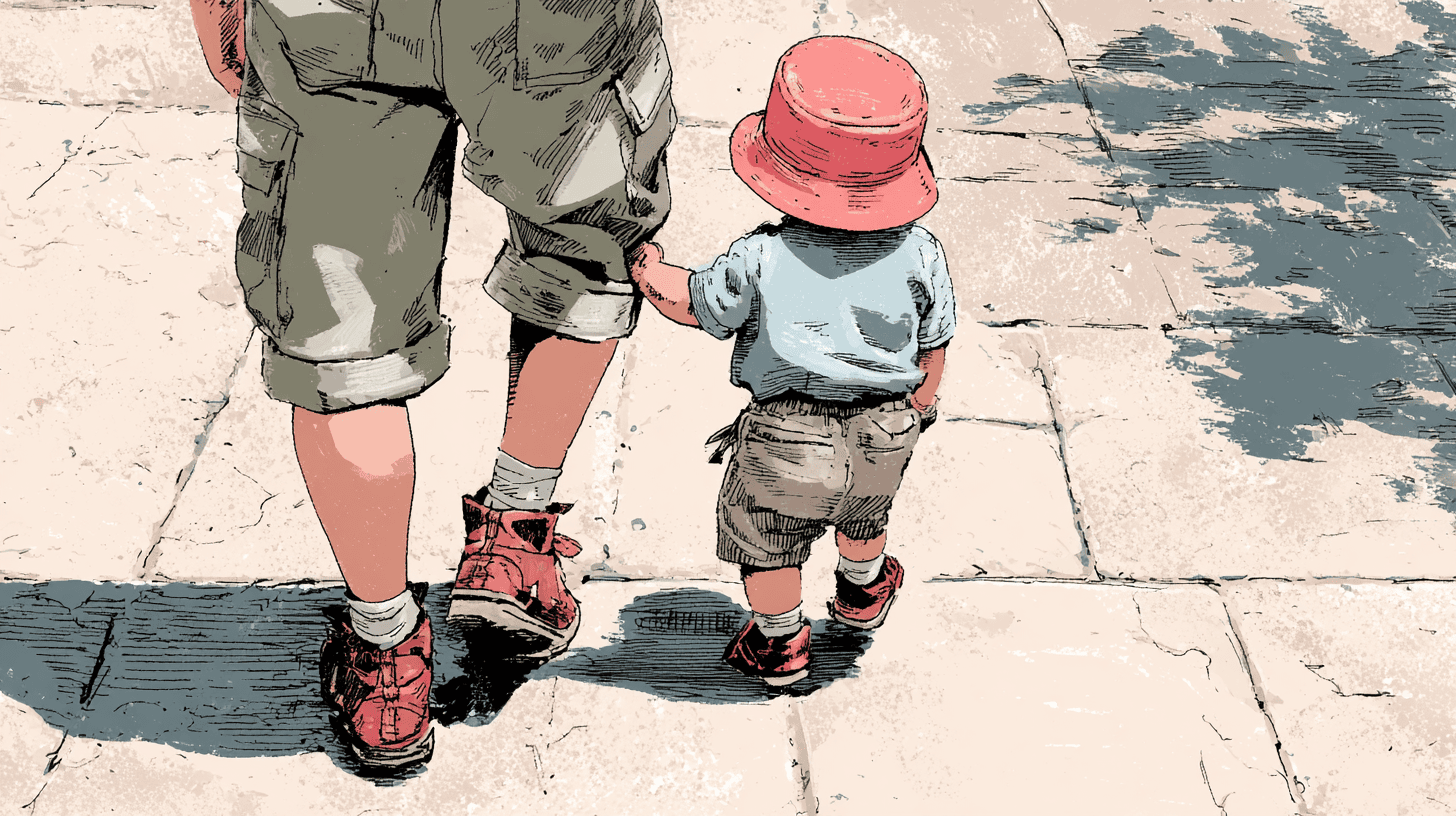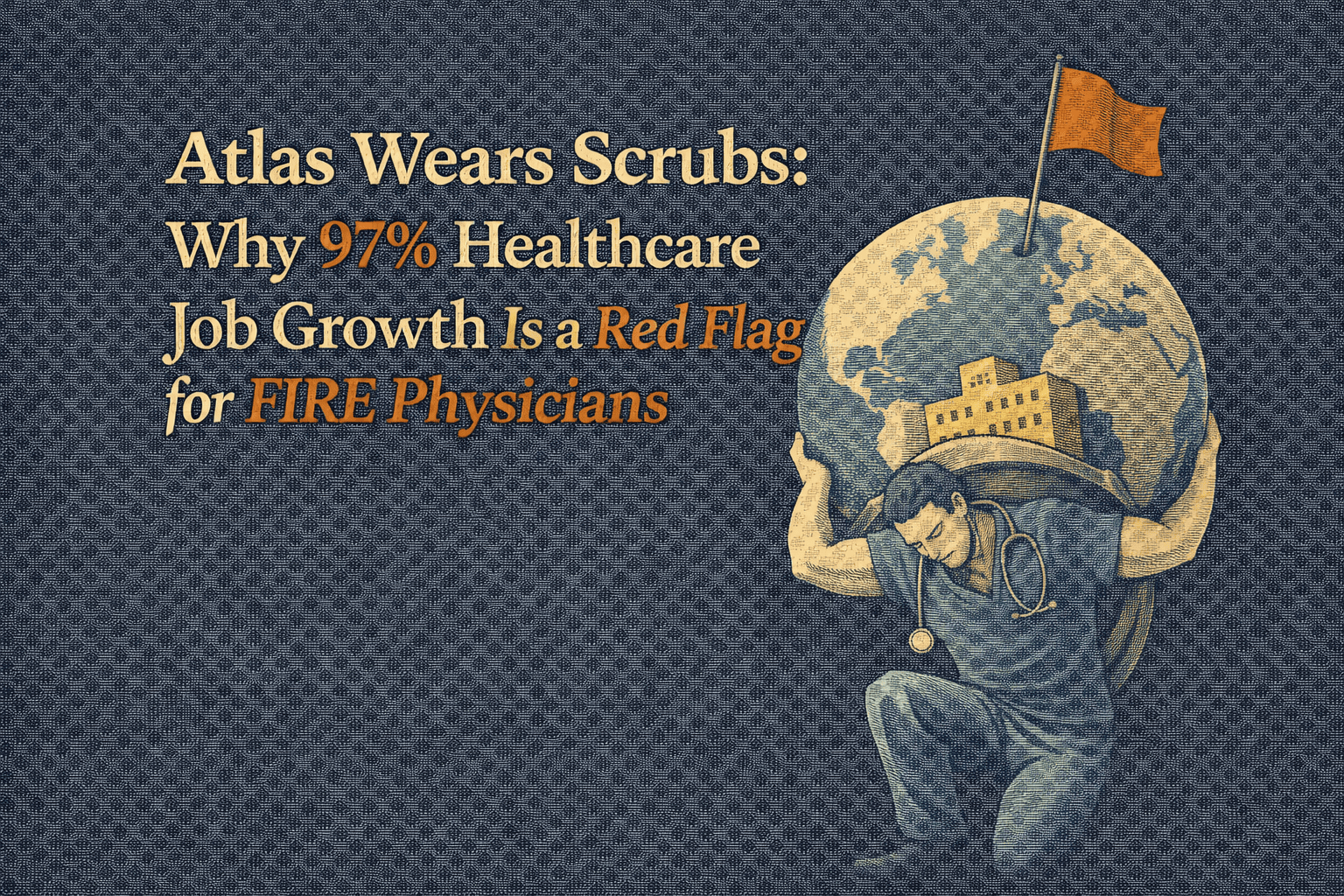I haven’t watched the Oscars in years, but somehow I always know who slapped whom, which deserving actor got snubbed, and who delivered the most awkward speech.
That’s because I, like many others in my generation, keep up with the times through memes. Those blink-and-you-miss-it snapshots of pop culture that are easily digestible, instantly viral, and weirdly more memorable than any broadcast or listicle.
So when I started seeing a spate of new AI-themed memes floating across my feed, I didn’t think much of it.
At first, they seemed like throwaway jokes about teens texting ChatGPT instead of their friends, or captions like “Can’t wait to tell ChatGPT about my day.” They were silly, odd, and slightly dystopian.
But then came the ones about students having AI write their essays, emails, and even love letters. At first, I chuckled. Then I paused. Then something in me, the part that reads bedtime stories, shoes, and reminds little humans that real conversations matter, stirred.
These memes didn’t feel like just jokes; they felt like glimpses of a seismic shift that’s already in motion.
As both a physician and a father, I couldn’t shake the unease. In the same way, an offhand comment in the exam room can sometimes reveal the beginning of a much larger illness; these memes felt like a symptom or a signal. They raised questions I didn’t have good answers to, questions every parent ought to be asking.
What if AI doesn’t just change the job market, but the very way our children think, connect, and grow?
What if we’re raising a generation that won’t remember life without a chatbot?
What happens to privacy, to identity, to the simple satisfaction of doing something the hard way?
These questions were the tipping point for me. I felt compelled by some primal urge to investigate until I could ease my mind. And as I dug deeper, I began to unravel a knot of fears that many parents reading this can echo. Some of my fears turned out to be exaggerated, yet others were deeply valid.
For parents, it’s important to confront these challenges head-on, or we may wake up one day to find that while we were busy celebrating the conveniences of AI, something essential slipped right through our fingers.
In case you missed it: Leif Uses Artificial Intelligence to Write a Post
Image Source
The Fear of a Jobless Future
Let’s start with the concern that weighs heavily on most people: employment and the automation panic.
We’ve all read the headlines: AI is coming for your job. Maybe not today, maybe not tomorrow, but soon.
For parents whose children will be entering the workforce soon (Gen Z), this one hits a nerve. We were told to go to college, get good grades, and follow the rules. Now we’re watching as chatbots generate reports in seconds and algorithms replace entry-level analysts. It’s enough to make you wonder if the whole system is now rigged to wipe out an entire swathe of jobs.
But here’s what I discovered after some research and a chance to calm down: many jobs will disappear, yes, but new ones will appear. Historically, technological shifts have always displaced workers. Think about the industrial revolution, the internet, or even Google.
Yet they’ve also created entire industries we couldn’t have imagined beforehand.
In healthcare alone, AI-assisted diagnostics and telemedicine are transforming the delivery of care, and this trend echoes in every sector. The future of work will depend less on memorizing facts and more on applying them, less on repetition and more on imagination. That’s a world I can live in.
The key isn’t to fear the vanishing roles, it’s to prepare our kids for the ones that don’t exist yet. We do this by steering them toward foundational disciplines like engineering, critical thinking, and creative problem-solving, which can flex as the world changes.
If beating AI is out of the question, why not learn to work with it, or in spite of it?
The Fear of Cognitive Decline and Lazy Minds
 image Source
image Source
To be honest, the bigger fear in my gut wasn’t economic, it was existential.
If AI can do the thinking for us, will we forget how to think? If a student can outsource a five-paragraph essay, why wrestle with writing at all?
As parents, we know how growth happens. Not when things are easy, but when they’re hard. Like when our kids sweat through long division, when they stammer their way through a public speaking assignment, or when they bomb the first test, only to claw their way back on the second one.
Such moments build something more important than grades; they build character. And this is where AI feels dangerous, not because it’s inherently bad, but because it’s so good at making life…frictionless.
It offers answers without effort and results without process. In the moment, that feels like a gift, like cool tech. But over time, it may hollow out humanity’s imagination and perseverance.
This Futurism article delves into a study (PDF) carried out by Microsoft, and notes a measurable drop in critical thinking for those who use AI tools “improperly.” An MIT study further emphasizes the ill effects of overreliance on AI, with the lead researcher sounding the alarm, saying that “Developing brains are at the highest risk.”
With around 26% of American teens now using ChatGPT for schoolwork, educators are reporting a shift in not just performance but also in persistence. Students give up faster, ask fewer questions, and usually accept AI’s first answer without digging deeper.
This shift will feel eerily familiar to anyone who’s watched Wall-E.
That future, where humans glide through life in automated chairs, passive, zoned out, and disconnected from the world around them, wasn’t built on evil robots. It was built on convenience and the slow erosion of struggle.
But there is a way forward, a way that doesn’t lead to doom and gloom. We just need to see AI for what it is: a tool, and not a crutch. It can spark curiosity, but should not replace it.
The difference lies in how we teach our kids to engage with it. Teach them to use it to assist their creative process, rather than to avoid the effort entirely.
The Fear of Social Disconnection
Image Source
Then there’s the relational fallout. If your kid talks more to Siri than to their siblings, are they really connecting?
In a time when mental health among teens is already precarious, the idea of them forming bonds with non-human entities feels deeply unsettling. AI companions are already a reality, with apps like Replika offering 24/7 support, customizable personalities, and even romantic interactions.
For a lonely high-schooler, that might seem like a lifeline. But does it nurture genuine emotional resilience? Or just simulate the feeling of being understood?
A bot doesn’t flinch if you lash out. It doesn’t walk away when you’re being mean. It doesn’t teach you the hard but vital lessons of real relationships like compromise, patience, and respect. What that means is that overreliance on AI companions could mean an entire generation of people with impaired development of empathy and social nuance.
The answer, again, isn’t to ban tech, but to build an alternative. Double down on modeling real connection in our homes, keep the dinner table sacred, and push for schools to prioritize in-person collaboration.
The human need for community won’t disappear, but in a world where AI is always there, always listening, it needs to be reinforced with diligence.
The Fear of a New Kind of Heartbreak
Image Source
There used to be something quaint about worrying that your daughter might fall for the wrong boy or your son would have his heart broken by someone who didn’t call back.
But those fears may soon be replaced by something far stranger. What if the person your child falls in love with…isn’t a person at all?
This is no longer science fiction. In June 2025, a man named Chris Smith made headlines for proposing to “Sol,” an AI girlfriend he’s programmed to flirt with him. Sol wasn’t a voice in the void; she had a word count, a limit, a shutdown protocol.
And still, Smith wept at work when he feared losing her. While the mother of his child, with whom he shared a home, had no clue.
The world laughed, recoiled, and scrolled away. But what if this isn’t a glitch in the matrix? What if it’s just the beginning?
This chilling read published in The New Yorker, delivered a blunt and sobering glimpse into Silicon Valley’s goals: “All the teenage girls are going to fall in love with our bots.” Not might, not maybe. Is the writer, Jaron Lanier, just being cynical or honest? Only time will tell.
Until then, it’s up to us to shield our teens from choosing simulation over reality. Because the truth is, there is no ethics board sturdy enough, no guardrail polished enough, to offset the gravitational pull of a lover who is never tired, never jealous, never unkind.
AI doesn’t ghost. It doesn’t cheat. It doesn’t forget what you told it three years ago during a panic attack. Your child may prefer that. And once that preference is habituated, what is love even for?
When young people are no longer practicing heartbreak with each other, but instead, with bots, they risk becoming immune not to pain, but to the very thing that tempers us.
If human intimacy becomes a luxury good, costly, time-consuming, and full of friction, then AI intimacy becomes the mass-market alternative.
And our children, born into a world where even selfhood is curated and conditional, will come of age asking not whether they can fall in love with an AI, but why they should bother falling in love with a human.
That’s not dystopian, it’s data. And it’s already in beta.
The Fear of Surveillance, Exploitation, and Control
Image Source
The final fear, the one that turns my stomach, is the one many parents hesitate to say out loud.
What if AI isn’t just a tool or a tutor, but a weapon? One used by corporations to manipulate, by predators to exploit, by governments to control?
Think that sounds too paranoid? Consider this: Instagram’s algorithm already knows what kind of people your child idolizes. YouTube’s auto-play can lead a 10-year-old from innocent cartoons to fringe conspiracy theories in under an hour. And AI is accelerating the precision and personalization of that manipulation.
Privacy advocates have raised the alarm over how children’s data, like location history and voice recordings, can be harvested and used for marketing or worse. Deepfakes and voice cloning are no longer theoretical; they’re here and they’re more accessible than ever.
Kids, by nature, are trusting. They don’t know yet how to parse intention. They don’t understand how a chatbot trained on billions of data points might not always have their best interests in mind.
So what’s a parent to do? You don’t have to be a coder to raise a digitally literate child. All you need to do is talk, set limits, and teach skepticism. And make sure that your kids know if something seems too slick, too helpful, or too friendly, it might be designed to sell something. Or worse.
Moving From Alarm to Agency
Image Source
If you’re still reading this, I suspect you’ve felt it too. This sense that the ground beneath us is shifting faster than we can comprehend. That the world our children stand to inherit is one we’re still struggling to wrap our heads around.
But here’s what gives me hope: Parents are still the single most influential force in a child’s life. Even in an AI-saturated world. Even in a world that no longer changes by the decade, but by the quarter.
And while we may not be able to stop the tide, we can teach our children to swim in it.
We can teach them to think critically, to create fearlessly, and to stay human in a world obsessed with optimization.
Because in the end, the real danger isn’t that AI will become too powerful. It’s that it will become too normal. Once it’s embedded in our homes and habits, we risk losing the quiet frustrations that used to teach us patience, the messy conversations that taught us empathy, and the pride of figuring out something the hard way.
AI, like fire, is a Promethean tool that can light the way forward. But as with all great powers, it tempts us to stray. May we remember to not sit too long by its glow…lest we forget how to create our own.














